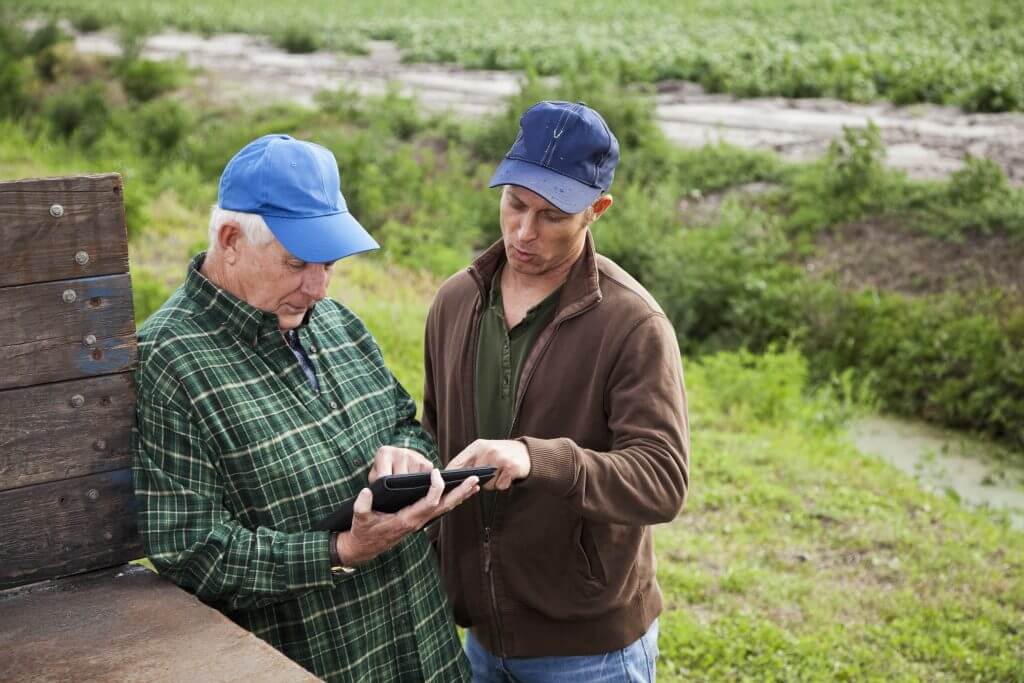The NSW Government is making major changes to SafeWork NSW, turning it into an independent regulator with a new structure, increased oversight, and a more dedicated focus on workplace safety.
For farmers, these changes could bring both benefits and challenges. On one hand, there’s potential for better access to safety resources, faster response times, and clearer guidance. On the other, there are questions about how enforcement will shift, whether farm inspections will increase, and if harsher penalties are on the horizon.
Here’s what we know and what farmers should be preparing for.
What’s Changing?
SafeWork NSW is now a standalone workplace health and safety regulator, no longer part of the Department of Customer Service. According to the NSW Government, the goal is to create a stronger, more effective agency that can better prevent workplace injuries and deaths.
Some key changes include:
✅ A SafeWork NSW Commissioner – A new leadership role focused entirely on WHS enforcement and education.
✅ A dedicated customer service team – Instead of safety matters being handled across multiple departments, businesses will now have a single, specialised team to provide advice, handle inquiries, and process reports.
✅ More industry-specific focus – With a SafeWork Advisory Council made up of industry representatives, businesses may see more practical safety guidelines tailored to real workplace needs.
But what about enforcement?
Will there be more inspections and prosecutions?
The NSW Government has not confirmed whether farm inspections will increase but it’s a possibility worth considering. SafeWork NSW will now be operating independently, with more control over how it deploys inspectors and enforces compliance.
Here’s what farmers should be asking:
🔹 Will there be more surprise farm inspections?
🔹 Will fines increase as part of a stronger enforcement approach?
🔹 Will inspectors be less lenient when it comes to common farm safety issues like quad bike helmets or machinery guards?
A recent enforcement case saw a NSW farm fined $195,000 for a quad bike accident due to missing safety precautions. Under a more independent SafeWork, could we see harsher penalties for similar breaches?
At this stage, we don’t have all the answers but farmers should be prepared.
Could SafeWork NSW be self-funded?
One of the biggest questions surrounding this change is how SafeWork NSW will fund its operations.
Currently, SafeWork is funded through workers’ compensation insurance contributions, and the NSW Government has not confirmed whether this will change. However, some are questioning whether an independent regulator could shift toward a model where fine revenue plays a larger role in sustaining the department.
While there is no confirmed quota for fines, the question remains:
Will SafeWork’s independence lead to a greater push for penalty-based enforcement?
How Can Farmers Prepare?
With or without more inspections, the reality is that workplace safety laws already exist and when SafeWork shows up, you need to be compliant.
✅ Stay ahead of inspections – If SafeWork visits your farm, having the right paperwork and processes in place means less stress and a lower risk of penalties.
✅ Make safety easy – Programs like Safe Industries Australia take the hassle out of compliance, ensuring your farm is always prepared. From handling safety documentation to ensuring your training is up to date, they make sure you’re ready before an inspector arrives.
✅ Use SafeWork’s customer service – With a dedicated team now in place, farmers may have better access to advice, training, and safety resources. If you have questions, use the system to your advantage.
Final Thoughts
These changes are not about making life harder for farmers, they are designed to create a safer industry. However, increased inspections and enforcement could be part of this shift, and preparation is key and Safe Industries Australia is here to do all of it for you.
👉 If you’re not sure where your farm stands on compliance, now is the time to get ahead of it.
A proactive approach to safety doesn’t just avoid fines, it protects your workers, your business, and your livelihood.




